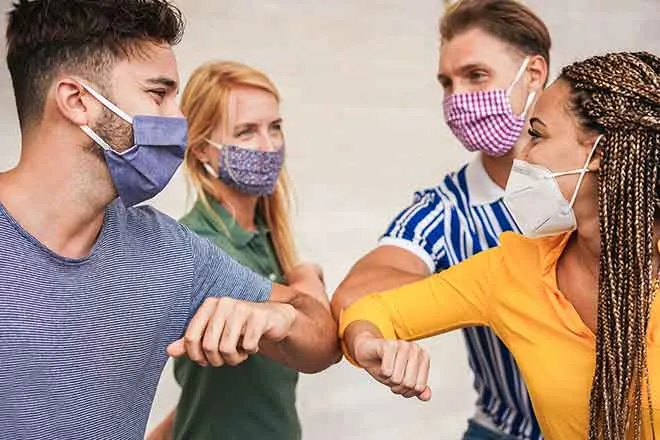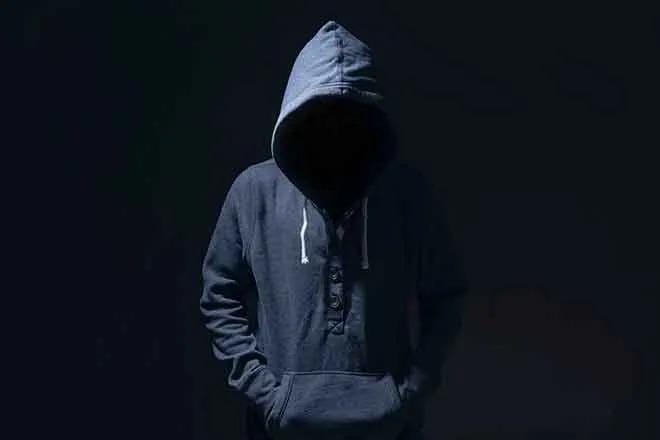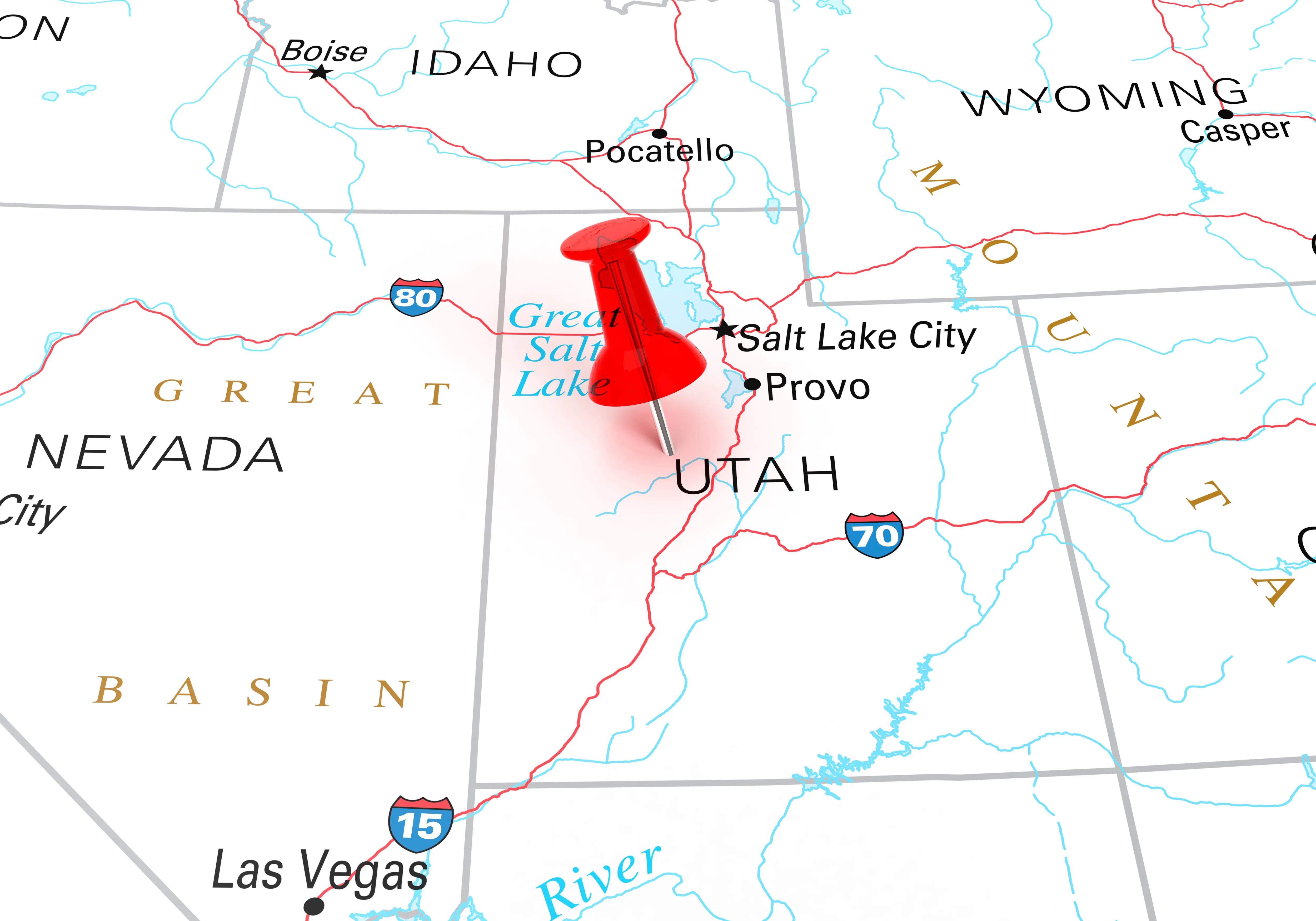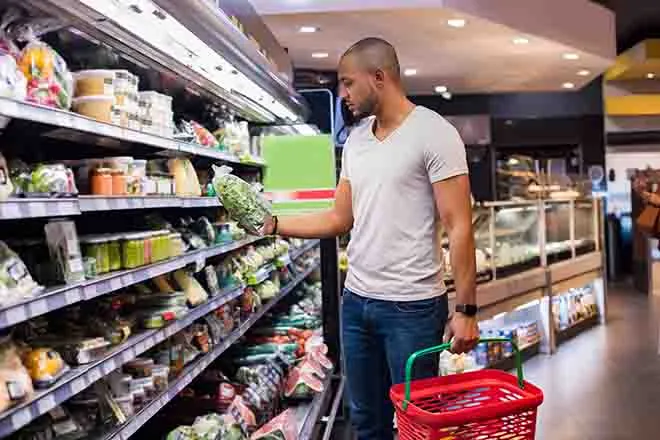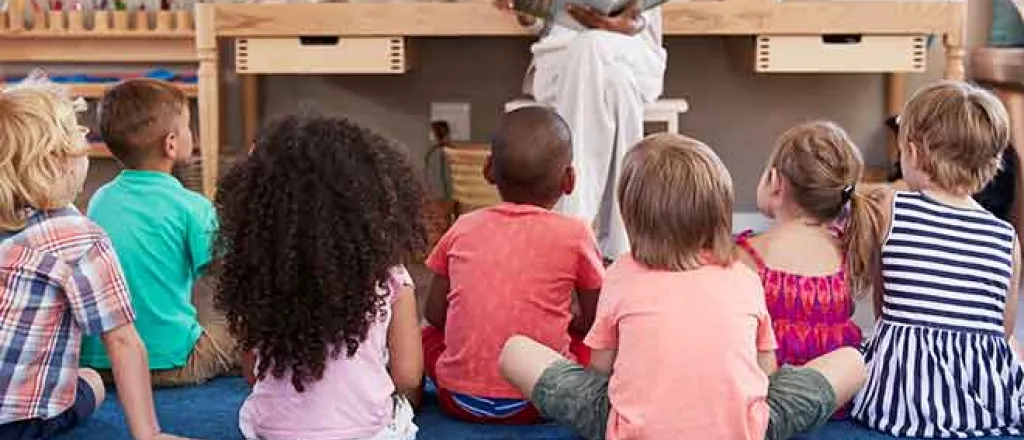
Opinion: COVID-19 parents seek new schooling options
COVID-19 is motivating families to seek alternatives to their child’s current schools and inspiring entrepreneurs to create new enterprises.
Public and private school choice policies enacted in nearly every state over the last 30 years are facilitating this process.
And governors are using states' new COVID-19 federal dollars to support families in their decisions and entrepreneurs in their work.
Three newer school innovations parents are considering as alternatives are micro-schools, family PODS and virtual charter schools.
Micro-schools reinvent the one-room schoolhouse. They create mixed-age groupings of 15 or fewer students that meet in homes, churches, community centers or workspaces. They use cutting edge technology with teachers – or other learning guides – employing different instructional approaches like place-based and experiential learning.
Prenda, an Arizona-based national network of micro-schools, grew from 7 students in one neighborhood in 2018 to over 200 schools. Its website traffic increased 737 percent in June compared to June 2019.
Prenda works with charter public schools to provide tuition free micro-schools. It also has private micro-schools that accept funds from Arizona’s Education Savings Accounts program, allowing families to use public dollars for some private school costs.
Another innovation is Parent Organized Discovery Sites – PODS. These, typically, engage three to six families with one teacher. In some PODS, parents teach, hiring a college student or other “grown-up” to assist.
Pandemic PODS combine tutoring and childcare. A Facebook post documents how “within 48 hours … thousands of parents [created] Facebook groups to form…PODS.”
Costs for “podding” are supported using public dollars or directly charging parents, with some PODS providing scholarships for low-income families.
The San Francisco school district will open 40 district-created PODS in libraries and community centers this school year.
In Columbus, Ohio, the YMCA is offering learning PODS for students ages 5 to 16 who attend school virtually. Students begin as early as 6 a.m., with learning sessions beginning at 8 a.m.
Another innovation is from the charter sector. Oklahoma’s Epic Charter Schools is a virtual school enrolling 38,026 students. It’s the largest school system in the state – surpassing Oklahoma City and Tulsa – adding up to 1,000 students a day.
Students in Epic’s online program have access to a $1,000 “learning fund” to use for everything from karate lessons to art classes. The school manages the money and parents choose from approved vendors.
Florida Virtual School is a tuition-free state school that works nationwide with public, private, charter and homeschool families and school districts. It’s seen an increase of 64,107 course requests in their Flex program since July 1, an increase of 93 percent. Full-time applications are up 5,738 requests over last year since March, a 177 percent increase.
New enterprises also are being created.
SitterStream offers babysitting and student tutoring, individually or in PODS. It has partnerships with small and large businesses, serving their employees. Amazon is one of their clients.
Transportant makes “school buses as smart as your phone.” It works with school districts, utilizing buses as rolling wi-fi hotspots that provide high speed internet services for an entire street or apartment building that don’t have those services.
Finally, the new federal pandemic CARES Act provides funds for governors to support innovative education programs and services.
Oklahoma Gov. Kevin Stitt is using $30 million from the CARES Act’s Governor’s Emergency Education Relief Fund to create a $12 million “Learn Anywhere Oklahoma” program so students access online content with a teacher; a $8 million “Bridge the Gap” digital wallet program offering $1,500 to more than 5,000 low income families to purchase curriculum content, tutoring and technology; and a $10 million “Stay in School” fund providing up to $6,500 to over 1,500 low income families with a pandemic-related job loss so children remain in their current private schools.
Govs. Henry McMaster of South Carolina, Chris Sununu of New Hampshire, and Ron DeSantis of Florida announced similar programs for low-income families wanting to enroll their child in a private school.
COVID-19 has turned school openings into disarray. But creative and determined parents, entrepreneurs and policy leaders are responding with impressive innovations and alternatives so learning can continue.


